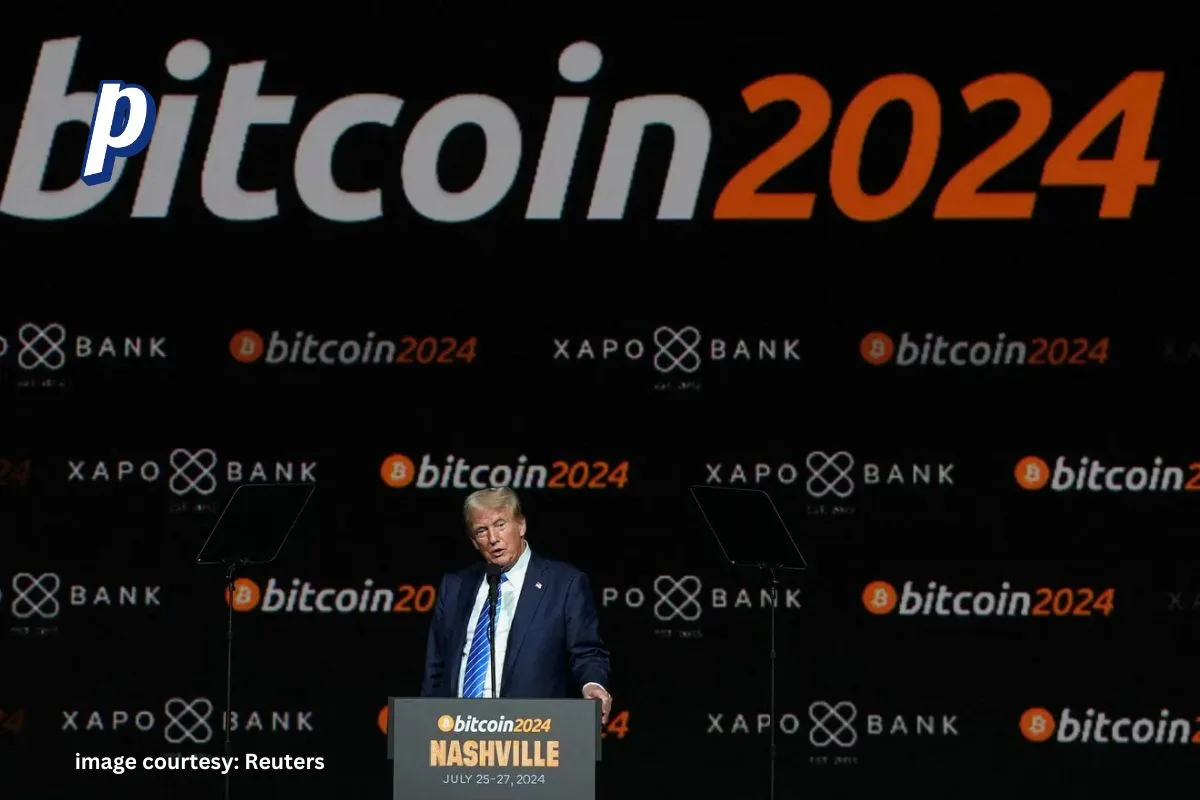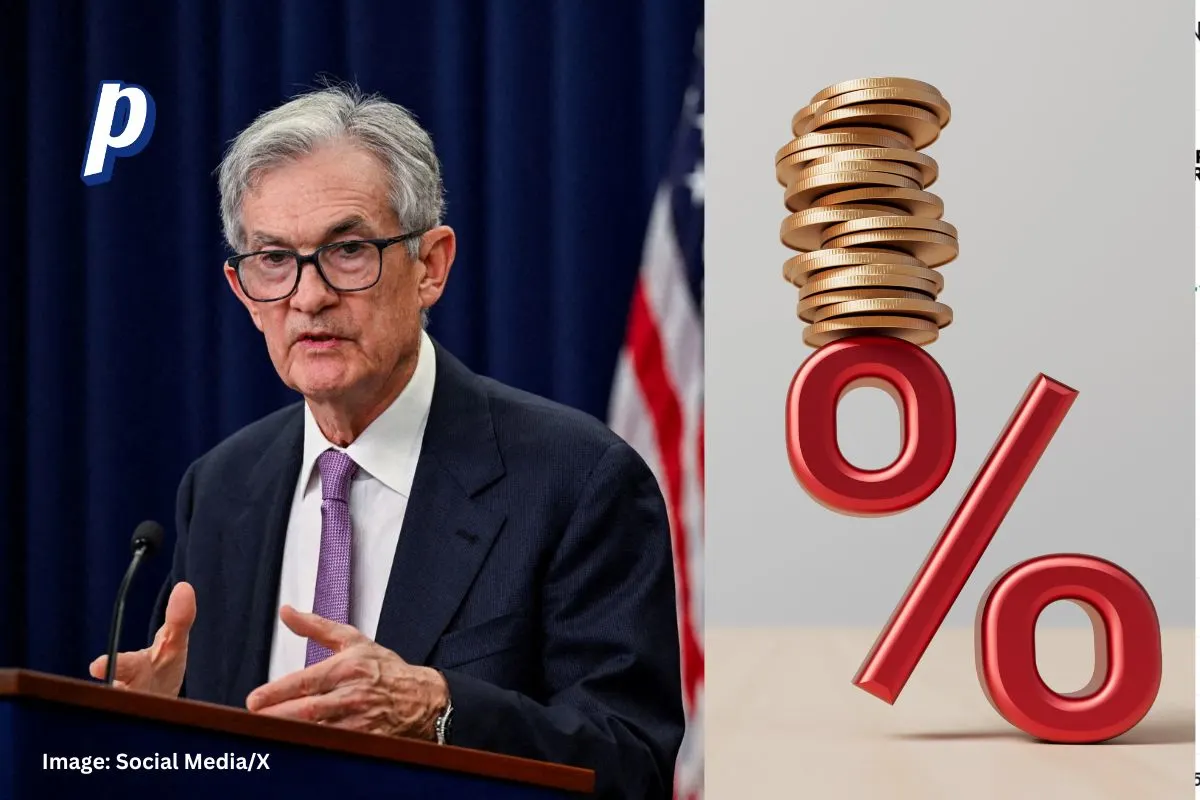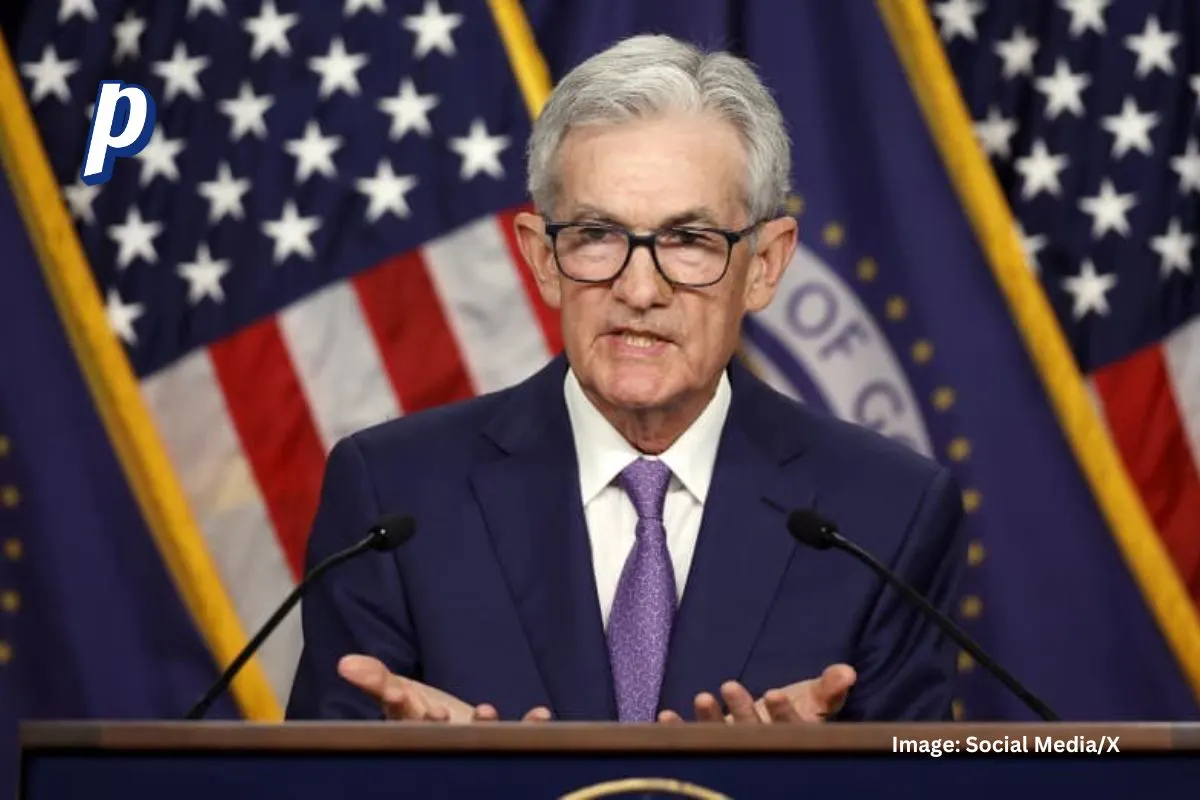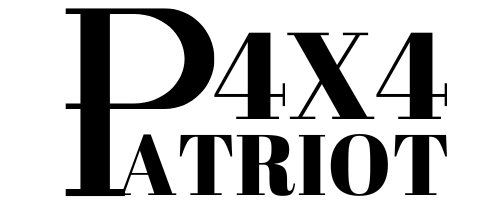As Bitcoin prices soar in 2024, President-elect Donald Trump is signaling a shift in federal cryptocurrency policy. Trump’s comments about creating a Bitcoin stockpile as a “permanent national asset” have sparked debates across financial and political circles. This bold move could position the U.S. as a global leader in the cryptocurrency space while raising critical questions about its potential impact on taxpayers and the economy.
Here’s a detailed look at the proposal, its implications, and what experts are saying.
Trump’s Vision: Building a Bitcoin Stockpile
The United States government already holds a significant amount of Bitcoin, valued at nearly $20 billion, obtained primarily through legal seizures. Historically, federal agencies have auctioned off this cryptocurrency, but Trump has floated the idea of halting these sales.
Read more: Bitcoin Price Drops Below $93K Amid Market Volatility: What’s Behind the Slide?
“For too long, our government has violated the cardinal rule that every Bitcoiner knows by heart: Never sell your Bitcoin,” Trump said during a July conference.
Under this proposal, the government would maintain its current holdings and explore the creation of a Bitcoin strategic reserve, akin to the nation’s gold and oil reserves. Supporters argue that such a reserve would enhance the U.S.’s position in the global crypto market and help address the $36 trillion national debt.
How a Bitcoin Stockpile Could Work
The concept of a federal Bitcoin stockpile would involve two key components:
- Retaining Current Holdings: The government would stop auctioning off seized Bitcoin to build a core reserve.
- Acquiring More Bitcoin: Some lawmakers, like Republican Senator Cynthia Lummis of Wyoming, propose purchasing additional Bitcoin. Lummis introduced a bill suggesting the U.S. acquire 1 million Bitcoin (around 5% of all Bitcoin) to hold for at least 20 years.
To fund such acquisitions, Lummis suggests revaluing $11 billion in gold certificates held by the Federal Reserve.
The Case for a Bitcoin Strategic Reserve
Proponents of the plan highlight several potential benefits:
- Strengthening the Dollar: Building a Bitcoin reserve could bolster the U.S. dollar’s position in the global economy, particularly as other countries adopt cryptocurrency strategies.
- Debt Reduction: Advocates like Lummis believe Bitcoin’s long-term value could help chip away at the national debt.
- Global Leadership: Trump argues that a strategic reserve would position the U.S. as a leader in the cryptocurrency space, countering efforts by countries like China, which holds $18.5 billion worth of Bitcoin.
Potential Risks and Concerns
Despite its appeal, the idea of a Bitcoin reserve comes with significant challenges:
- Volatility: Bitcoin prices are notoriously unpredictable. For example, the digital currency lost over 70% of its value between November 2021 and November 2022. This volatility could expose taxpayers to financial risks.
- Cybersecurity: Safeguarding federal Bitcoin holdings would require advanced measures to prevent cyberattacks on crypto wallets.
- Public Resistance: Funding a Bitcoin reserve might involve issuing new Treasury debt, a move likely to face opposition from Congress and the Federal Reserve.
- Regulatory Uncertainty: Critics argue that regulatory clarity around cryptocurrencies would benefit the U.S. economy more than holding a volatile asset like Bitcoin.
Read more: Bitcoin Price Breaks $100,000: Is a Crash Coming in 2025?
Owen Lau, a senior analyst at Oppenheimer & Co., doubts Congress would approve funding for a strategic reserve. “Taking the idea of a stockpile a step further to actively buy and sell Bitcoin would be quite risky and harder to justify to the public,” Lau said.
Federal Reserve’s Stance
Federal Reserve Chair Jerome Powell has distanced the central bank from the idea. “We’re not allowed to own Bitcoin,” Powell said, referencing the Federal Reserve Act. He added that creating a Bitcoin reserve is a matter for Congress, not the Fed.
Bitcoin and Competing Nations
Several countries have already embraced Bitcoin in varying capacities:
- China: Holds $18.5 billion worth of Bitcoin.
- United Kingdom: $6 billion.
- Ukraine: $4.5 billion.
- Bhutan: $1 billion.
- El Salvador: $582 million, with Bitcoin as legal tender.
Trump’s plan aims to ensure the U.S. doesn’t fall behind in this emerging digital economy.
What Experts Say
Michele Neitz, a visiting professor at the University of San Francisco, believes regulatory clarity should take precedence over stockpiling Bitcoin. “That benefits the United States economy even more than possibly holding a volatile asset in reserve,” Neitz said.
Meanwhile, Seoyoung Kim, author of DeFi For Dummies, points out that retaining current Bitcoin holdings without further sell-offs could help support market prices. “If you constrain supply in the real-time market, then it does help to not suppress the price,” Kim explained.
What’s Next for Taxpayers?
While Trump’s vision for a Bitcoin stockpile remains in its early stages, the debate underscores the growing importance of cryptocurrency in global finance. For taxpayers, the stakes are high, as the plan could influence everything from federal debt management to economic stability.
Whether the U.S. moves forward with a Bitcoin reserve or opts for alternative strategies, the conversation around crypto’s role in government policy is just beginning.
What’s your take on a federal Bitcoin reserve? Share your thoughts in the comments below!










